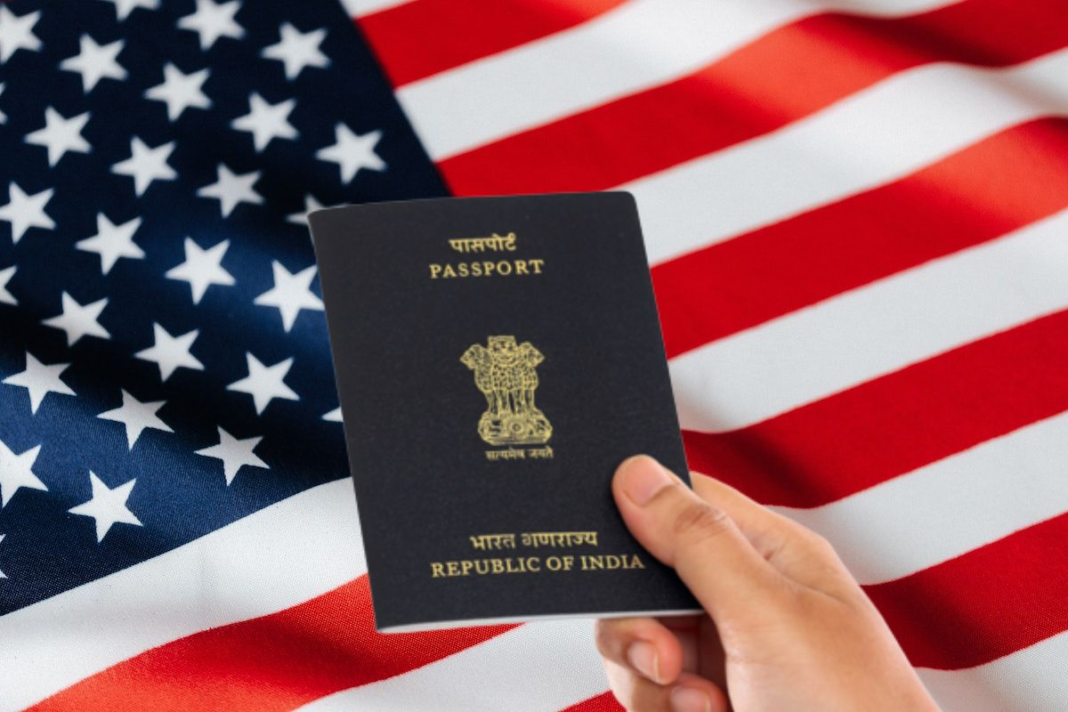The United States Embassy in Uganda has announced an increase in visa application processing fees for a number of non-immigrant visa categories, including students. The new prices will be effective from May 30, 2023.
The increases will affect visitor visas issued for business or tourism purposes and other categories, such as student and exchange visitor visas, the price of which will increase by 15 percent.
In a statement issued on May 11, 2023, the Department said these increases were announced in the Federal Register at the end of March and will take effect on May 30, 2023.
According to the US Department of State’s statement on the increase to certain nonimmigrant visa application (NIV) processing fees, it said “Effective May 30, 2023, the fee for visitor visas for business or tourism (B1/B2), and other non-petition based NIVs such as student and exchange visitor visas, will increase from $160 to $185.
The fee for certain petition-based nonimmigrant visas for temporary workers (H, L, O, P, Q, and R categories) will increase from $190 to $205.
The fee for a treaty trader, treaty investor, and treaty applicants in a specialty occupation (E category) will increase from $205 to $315.”
The United States Embassy in Uganda said that they are committed to facilitating legitimate travel for both immigrant and non-immigrant travelers.
The fee increase is based on the cost acquired for providing non-immigrant services.
This has been increased after conducting a study.
“The Department of State works hard to keep the costs associated with visas to a minimum, and the Department only recovers the costs of providing these consular services,” it added.
The embassy said that individuals who already paid the existing, lower NIV fee will not have to pay the difference once the fee increases on May 30, 2023.
“All NIV fee payments made on or after October 1, 2022, are valid for 365 days. Receipts for NIV fees paid prior to October 1, 2022, will continue to be valid until September 30, 2023,” it said.
The change will not apply to other consular fees, including a waiver of the two-year residency fee that certain exchange visitors are required to pay.
The Department said that work and tourism visas are an integral part of US President Joe Biden’s foreign policy, highlighting the important role international travel has for the US economy.








